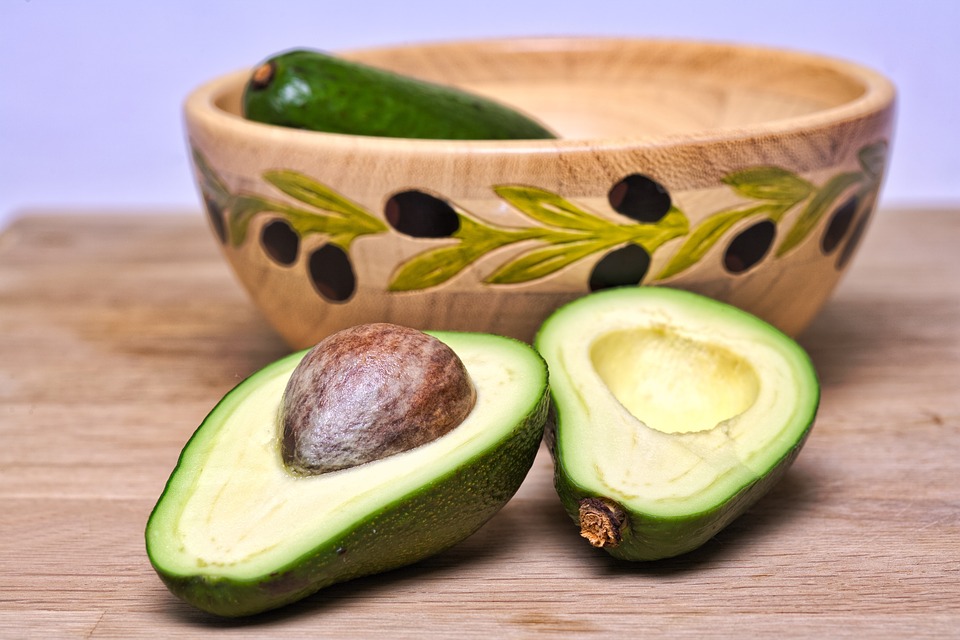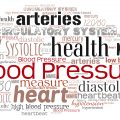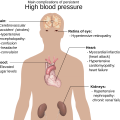Table of Contents
How to treat hypertension? There are a number of ways to lower high blood pressure and the best way is a change in lifestyle. It seems easy enough but this method of improving one’s health entails discipline and making mindful choices.
How to treat hypertension? To be diagnosed with high blood pressure is not only a worrisome situation; it can be quite alarming as well. Not only is this situation another stressful situation for you but also for your family. Consider how it could have turned out if you hadn’t found out sooner? You could have been in far worse straits. In this article, you’ll learn how to treat hypertension?
Tips on How You Can Naturally Treat Hypertension
The way you live and what you put into your body plays a large part on the quality of your life. Switching up your lifestyle does play an important role in treating a person’s high blood pressure. If you listen to your physician and successfully control your blood pressure by leading a healthy lifestyle, you may just be able to avoid, delay or lessen the need for expensive, tiresome, daily medication.
Watch Your Weight
You might have thought that it was just a myth – watching your waistline, that is. But it isn’t as studies show that keeping your weight down and watching that your waistline measurement doesn’t go out of bounds is an important factor in keeping hypertension at bay. A person’s blood pressure frequently increases when the weight of an individual increases. Being an overweight person can also cause interrupted breathing whilst you are asleep, which is known as Sleep Apnea; this condition will further promote the increase of an individual’s blood pressure.
Shed Pounds
Shedding the pounds and losing weight is the best change in a person’s lifestyle to control blood pressure. To lose a mere 10 pounds or 4.5 kilograms doesn’t only make a big difference in your road to a better quality of life; doing so can help reduce your blood pressure as well.
Watch Your Waistline
Aside from getting rid of the extra pounds, you should also generally keep a keen eye on your waistline. When a person carries too much weight around their waist, this can put them at greater risk of high blood pressure. Generally, males are pegged as high risk if their waist measurement is more than 40 inches or 102 centimeters. Females, on the other hand, are classified as high risk for hypertension if their waist line measurement is over 35 inches or 89 centimeters. Talk to your physician about a healthy waist measurement for you as these numbers vary among ethnic groups.
Regular Exercise
Make it a habit to have a regular regimen of exercise and active physical workouts every week. Doing so and maintaining this habit can decrease your blood pressure by a crucial 4 to 9 millimeters of mercury (mm Hg). It’s vital to be consistent about keeping a routine exercise schedule because if you cease from exercising, you’ll most likely have hypertension. Should you have pre – hypertension, having an exercise regimen can aid you in averting the possibility of developing high blood. Now, if you are already hypertensive, regularly exercising can help lower your blood pressure to a safer, healthier level.
Eat a Healthy Diet
Switch up your diet and have one which is rich in fruits, vegetables, whole grains and low-fat dairy products. Skimp on cholesterol and saturated fats as doing so can help reduce your blood pressure by up to 14 mmHg – that makes a big difference! There is an eating plan you should ask your doctor about which is known as the DASH diet, short for Dietary Approaches to Stop Hypertension (DASH). Changing your diet is admittedly not easy, but if you are mindful of the great changes it will benefit your quality of life, wouldn’t you want to give yourself, and family, a better shot at living a life with optimal health?
Monitor What You Consume
Make it easier on yourself and adopt a healthy diet by keeping a journal of your food intake. It may seem anal at this time, but once you get used to doing so, it will get easier. Begin by writing down what you eat for the first week. This may give you enlightenment on your true eating habits. You will want to monitor what you consume, how much you eat, when you have it and the reason why. Again, it may sound tedious and ridiculous at first, but religiously keeping tabs on your food consumption will give you better insight as to what changes need to be done.
Reduce the Sodium
Making even a slight reduction in salt intake will make a big difference to your health. Lessening the sodium in your daily diet can decrease your blood pressure by 2 to 8 mm Hg. This is a big deal if you quantify this reduction on a daily basis! The effect of sodium intake on blood pressure is different amongst clusters of people. By and large, limiting sodium intake to less than 2,300 milligrams (mg) a day or less is the general recommendation.
However, a lesser sodium intake of 1,500 mg a day or lower than that, is appropriately apt and encouraged for individuals with greater salt sensitivity. These would be recommended for African-Americans (who historically, through extensive studies and observation, have a higher likelihood of developing hypertension), any individual whose age is 51 years old or older, any individual diagnosed with diabetes, chronic kidney disease, or high blood pressure.
Limit Alcohol Intake
Alcohol can be neither good nor bad for your health, largely depending on how much you drink. In small quantities, alcohol may reduce high blood by 2 to 4 mm Hg. Another small step toward better health, right there! However, that protective effect is useless and considered as nothing if an individual drinks too much alcoholic beverages. Generally, the recommended alcohol intake (if unavoidable) is one alcoholic drink a day for females and for males older than 65 years old or more than two a day for men age 65 and below. One alcoholic beverage equates to 1.5 ounces of 80-proof liquor, five ounces of wine or 12 ounces of beer.
Having beyond the moderate quantities of alcoholic beverages can actually raise blood pressure by several alarming points. So beware, drinking more than the recommended alcohol intake can also reduce the instances of high blood pressure.
Stop Smoking
Each stick of cigarette a person smokes increases their blood pressure for quite a period of time after that fiery stub is crushed out. Ceasing smoking aids an individual’s blood pressure to come back to normal levels. Individuals who stop smoking cigarettes, no matter what age they are, substantially increase their life expectancy aside from saving big bucks.
Cut Back on Caffeine
How caffeine affects a person’s blood pressure is still widely debated. Caffeine can elevate an individual’s blood pressure by as much as 10 mm Hg for people who occasionally consume it, however there’s no huge impact to individuals who habitually drink coffee. Even though the effects of regular and high amounts of coffee for hypertension aren’t clear yet, the probability of a slight rise in blood pressure is real. We hope this article answered your question, how to treat hypertension?






 I love to write medical education books. My books are written for everyone in an easy to read and understandable style.
I love to write medical education books. My books are written for everyone in an easy to read and understandable style.